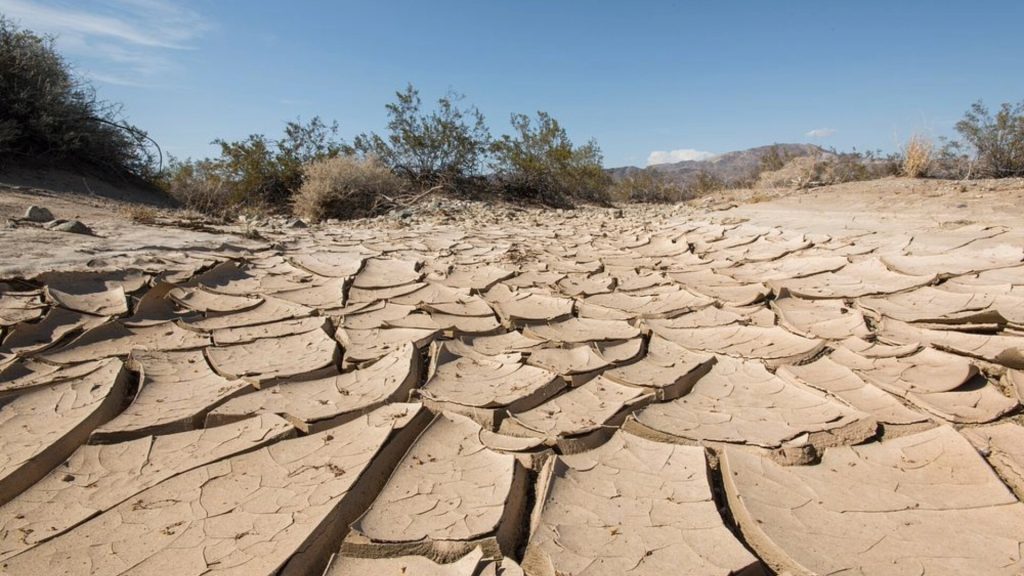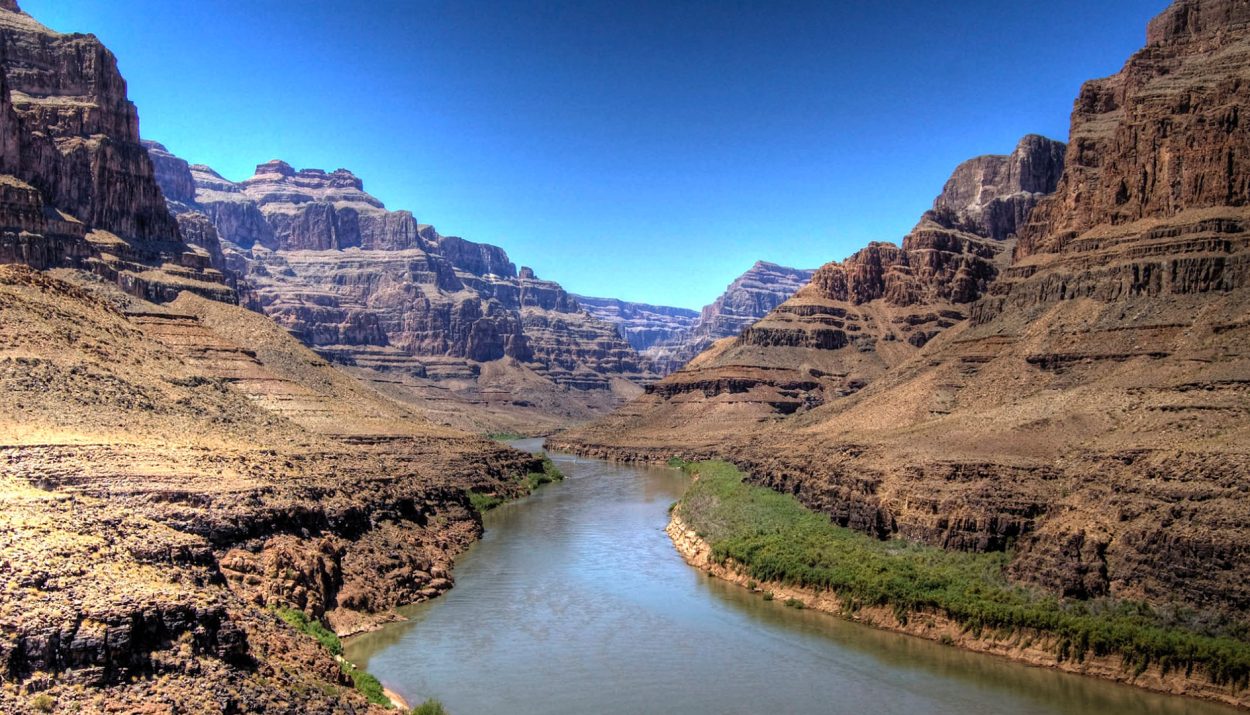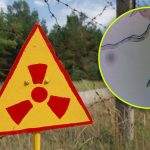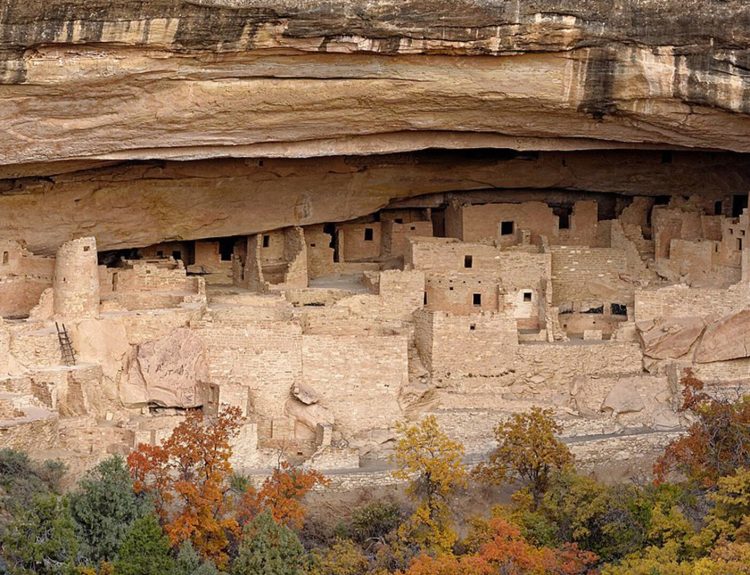The water crisis in Colorado has reached a critical point, with officials threatening to turn off water due to declining reserves. This unprecedented move highlights the severity of the ongoing drought and its impact on the state’s water resources.
The Republican River Compact Agreement
The Republican River Compact Agreement, signed in 1943, is a water-sharing agreement between Colorado, Kansas, and Nebraska. However, Colorado’s struggle to meet its obligations under this agreement is a key factor in the current crisis.
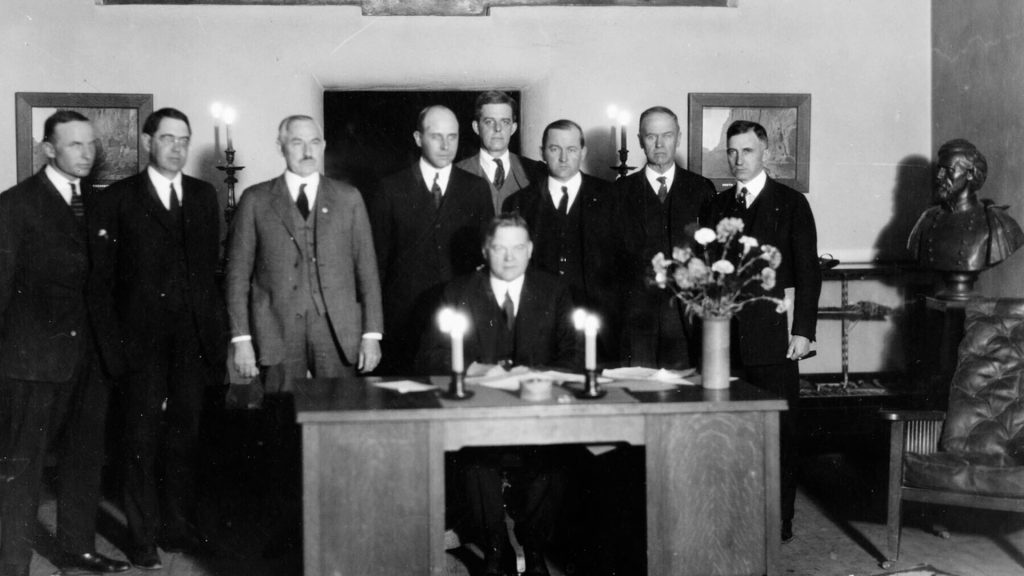
The state has been unable to deliver the agreed-upon amount of water to its downstream neighbors, leading to legal disputes and strained relations.
The Impact on Irrigation
Agriculture is a major industry in Colorado, and irrigation is essential for many crops. However, to meet its obligations under the Republican River Compact Agreement, Colorado may have to cease irrigation to 25,000 acres in the Republican River basin before 2030.
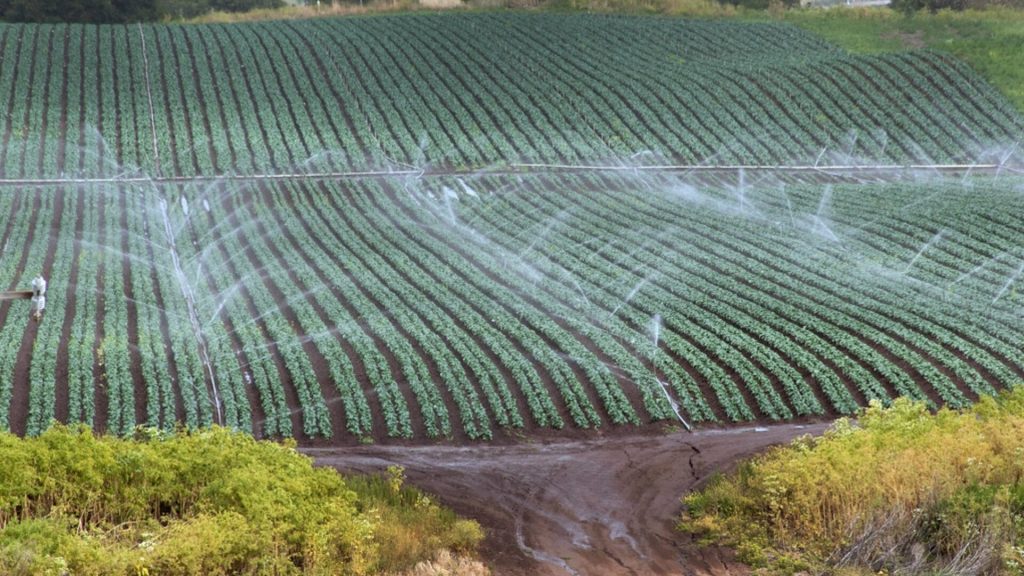
This would have a significant impact on local farmers and the state’s economy and will have a major effects on the livelihood of everyone who relies on these farms.
The Larger Picture
This crisis is not isolated to Colorado. Droughts have long plagued California, and the problem has affected most of the West. Climate change is likely exacerbating these issues, leading to more frequent and severe droughts.
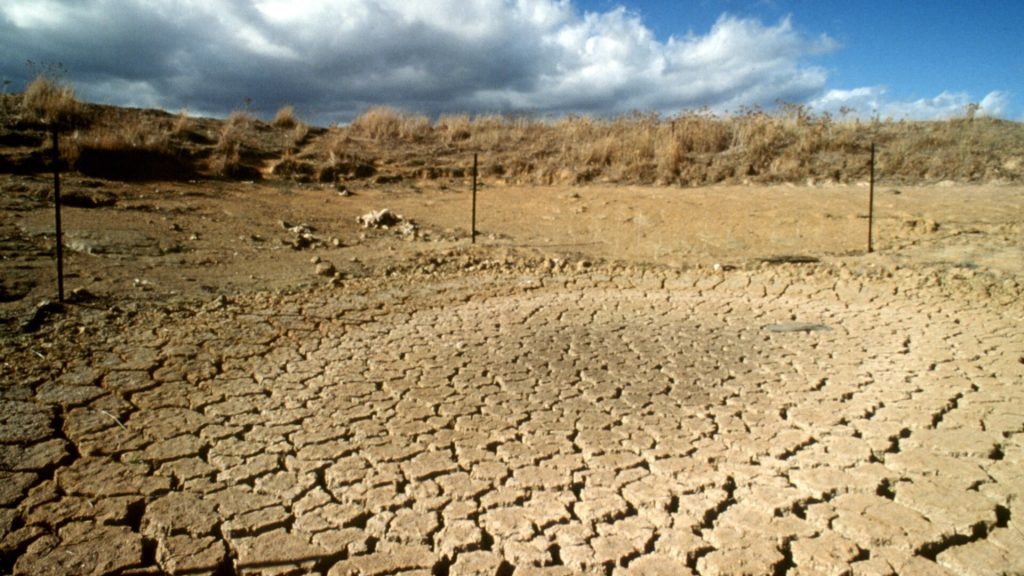
Droughts have been occurring more frequently in recent times. Droughts also lasts longer than in previous years leading to further hardship and water scarcity.
Turning Off the Tap for Farmland
To protect what little water the state has in its reserves, officials are considering turning off the tap for 25,000 acres of irrigated farmland. This drastic move is a response to the worsening water situation in the region.
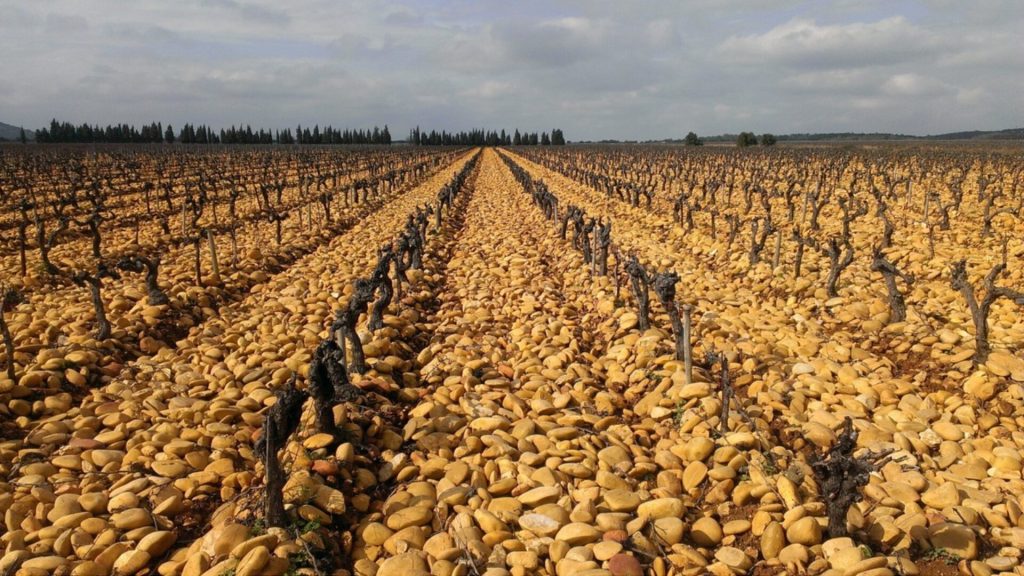
The potential turning off of water would be a devastating blow to farmers who rely on this water for their livelihoods. Without irrigation, farms wouldn’t be able to grow crucial crops that feed Colorado and the wider region.
The Human Impact
The cuts could impact more than 500,000 acres of land if the water situation doesn’t improve soon. This would not only affect farmers but also communities that rely on agriculture for their economy and food supply.

People will face financial hardship due rising food prices as a result of the water shortages. This will also have a knock-on effect on all other aspects of life including transportation and housing.
The Role of Federal Officials
Federal officials have noted that conditions have improved on the Colorado River, suggesting that a three-state plan to reduce water use should keep the river basin on stable footing for several years.
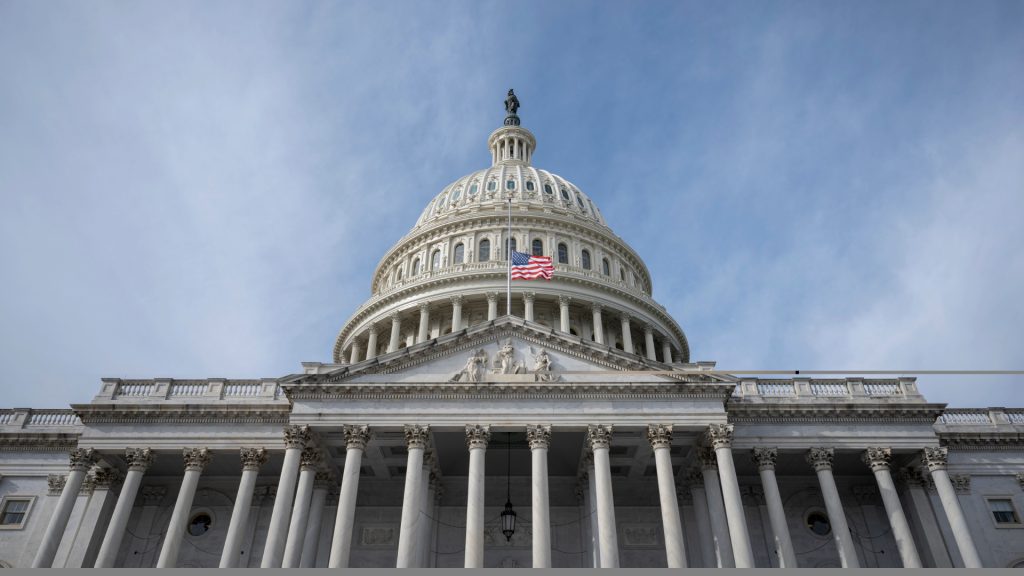
However, this does not solve the immediate crisis facing Colorado. Even if individuals reduce water usage, the population will still increase. As a result this will lead to an increase of the consumption of water.
The Three-State Plan
The plan by California, Arizona, and Nevada to voluntarily reduce water use is expected to help keep the river basin on stable footing for the next few years. The plan aims to conserve at least an additional 3 million acre-feet of water through the end of 2026.
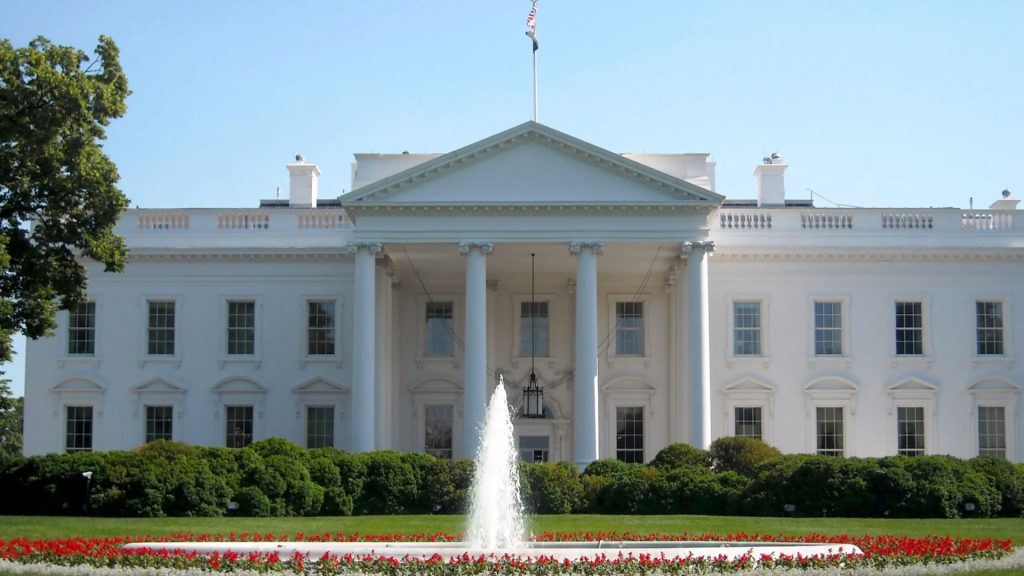
This is achieved through a combination of measures, including water conservation, improved water management, and investment in water-saving technologies. The plan is backed by $1.2 billion in federal funding, which will be used to support the states’ water conservation efforts.
The Future of Water in Colorado
The future of water in Colorado is uncertain. With officials threatening to turn off water, residents are understandably concerned. As Colorado’s climate continues to warm, those who manage or use water in the state will likely face significant changes in water supply and demand.
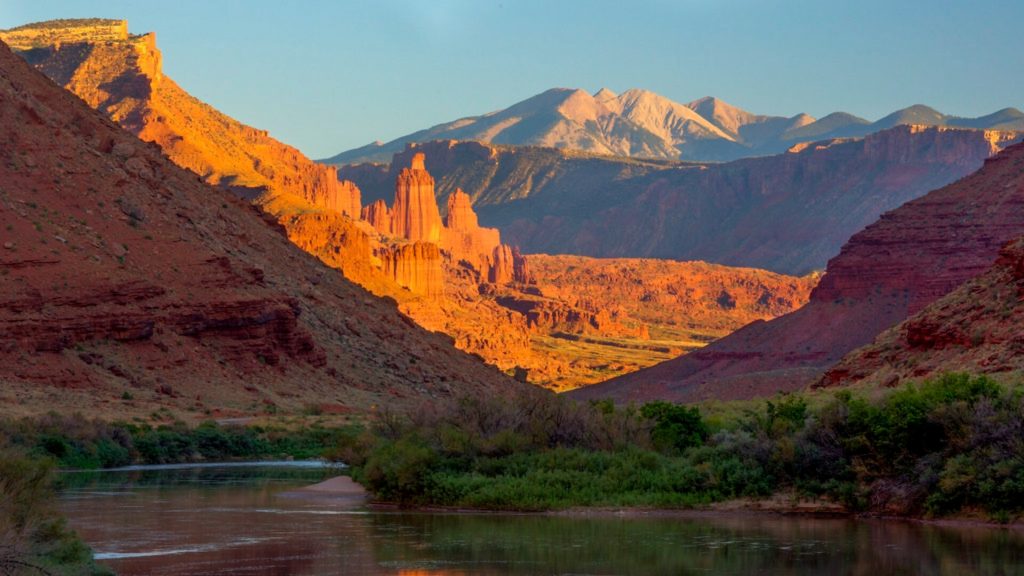
The new analysis in the draft version of the new Colorado Water Plan finds that cities, towns, and industries in Colorado could be short 230,000 to 740,000 acre-feet of water annually by the year 2050.
The Importance of Conservation
Conservation efforts are more important than ever. Every drop of water saved can potentially make a difference in this crisis. Residents are being urged to reduce their water use, and businesses are exploring ways to operate more efficiently.
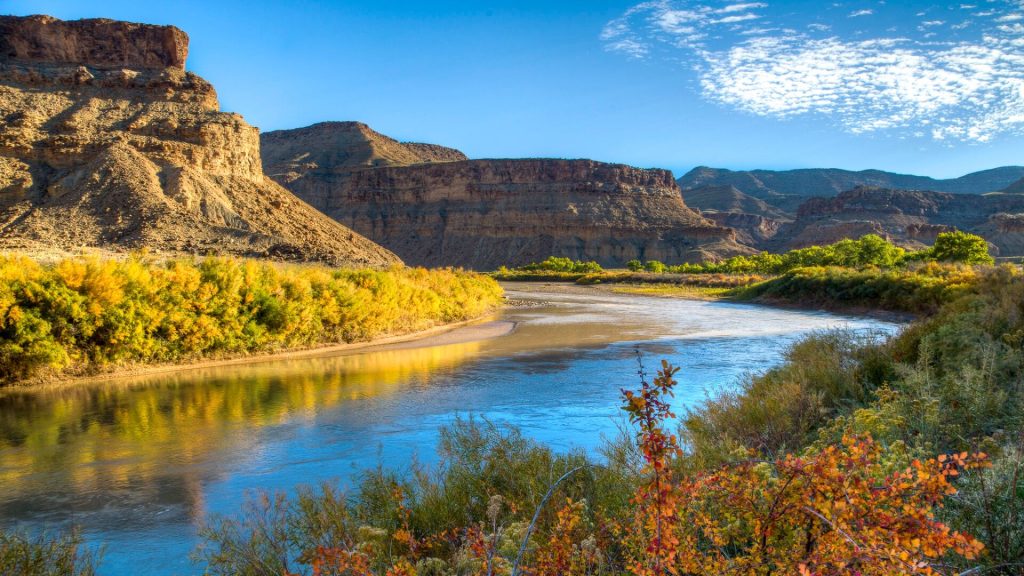
The Role of Climate Change
Climate change is likely playing a role in this crisis. Changing weather patterns are leading to less predictable rainfall and snowfall, which is making it harder to manage water resources.
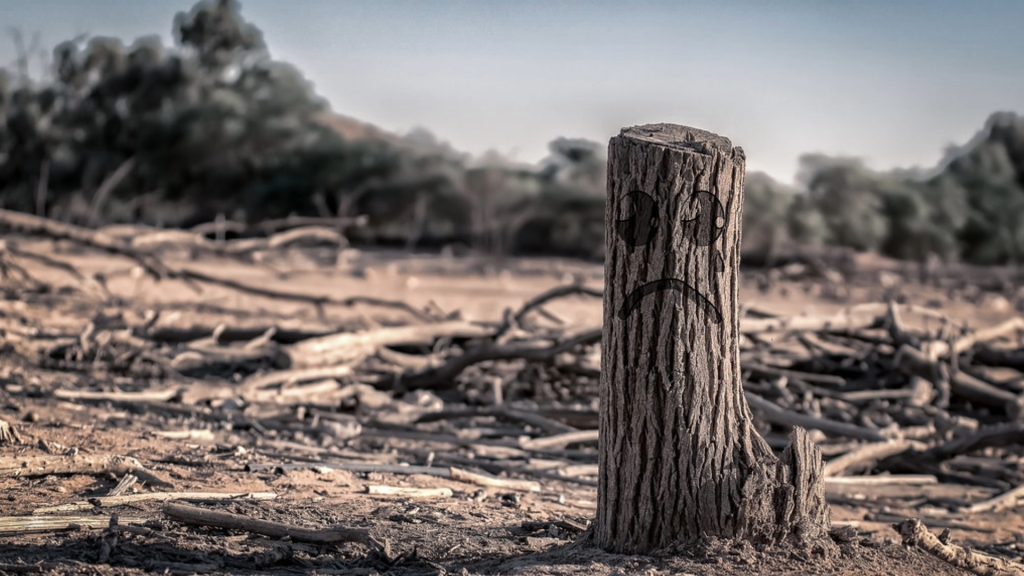
This underscores the need for action on climate change at all levels of government.
The Economic Impact
The economic impact of this crisis could be significant. Agriculture is a major industry in Colorado, and a reduction in water availability could lead to crop failures and job losses. If water needs aren’t met by 2050, economic output could be reduced anywhere from $53 billion to $90 billion.
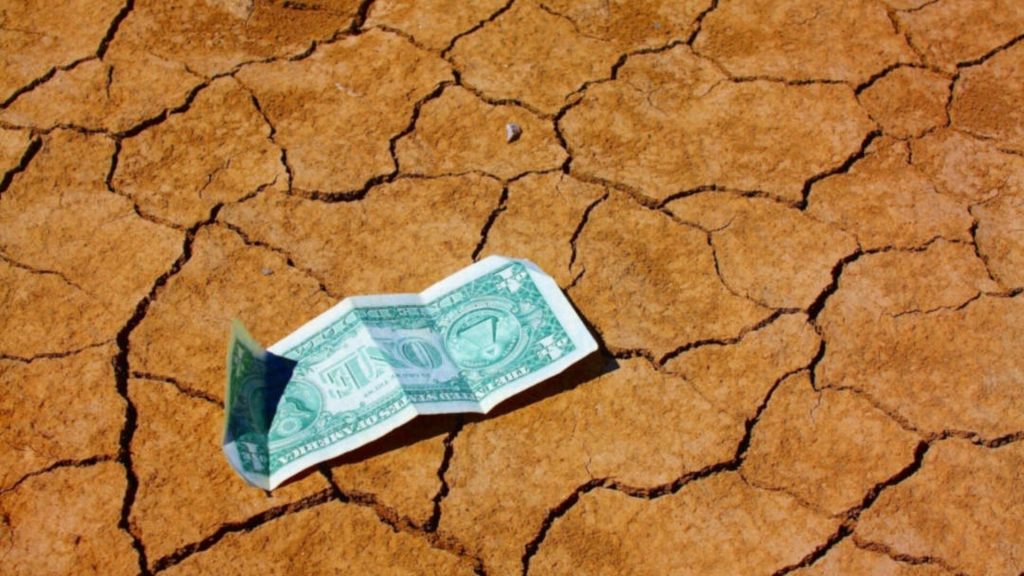
The Hoover Dam at Lake Mead and the Glen Canyon Dam at Lake Powell provide power for approximately 4 million Americans in the seven basin states. As the water levels in these reservoirs decline, there is a risk that these dams will no longer be able to generate electricity.
Potential Solutions
Potential solutions to this crisis include improved water management, investment in water-saving technologies, and changes in agricultural practices. Technologies for monitoring water usage, detecting leaks, improving irrigation efficiency, and treating and reusing wastewater will help alleviate the problem.
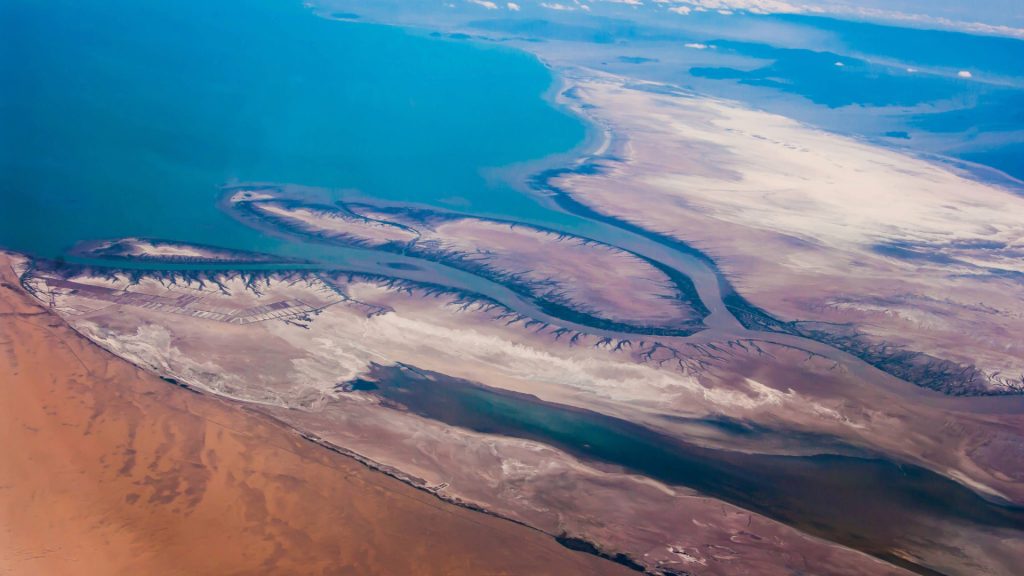
Changes in agricultural practices can have a significant impact on water conservation. This could include switching to crops that require less water, improving irrigation methods, and adopting soil management practices that enhance water retention.
Public Awareness and Education On Responsible Water Use
Residents need to understand the severity of the situation and how their actions can impact water availability. Educational programs can be implemented in schools, community centers, and public spaces to inform people about the importance of water conservation and the current water crisis.
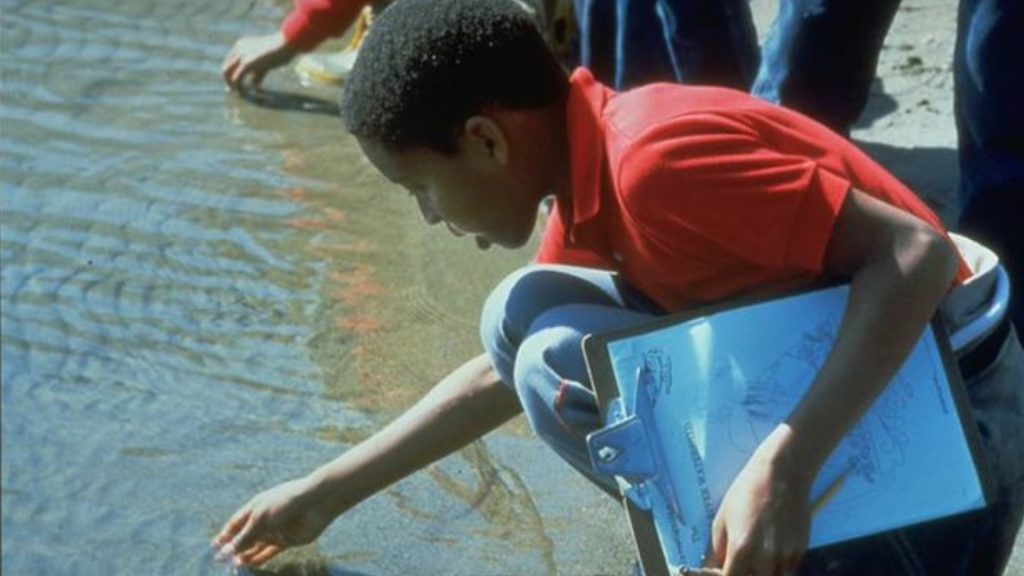
Public awareness campaigns can help change attitudes and behaviors towards water use. By highlighting the connection between water conservation and the well-being of their community, these campaigns can motivate individuals to take action.
Importance Of Water Management
The water crisis in Colorado is a stark reminder of the importance of water management and conservation. As officials threaten to turn off water, the need for solutions is more urgent than ever. It is clear that everyone – from individual residents to government officials – has a role to play in addressing this crisis.
